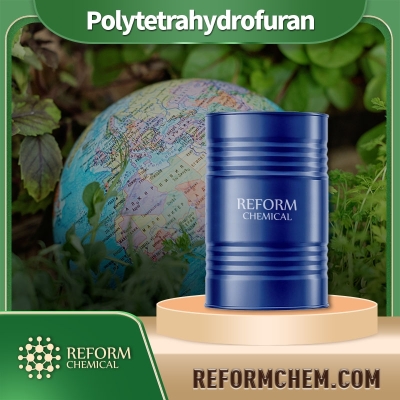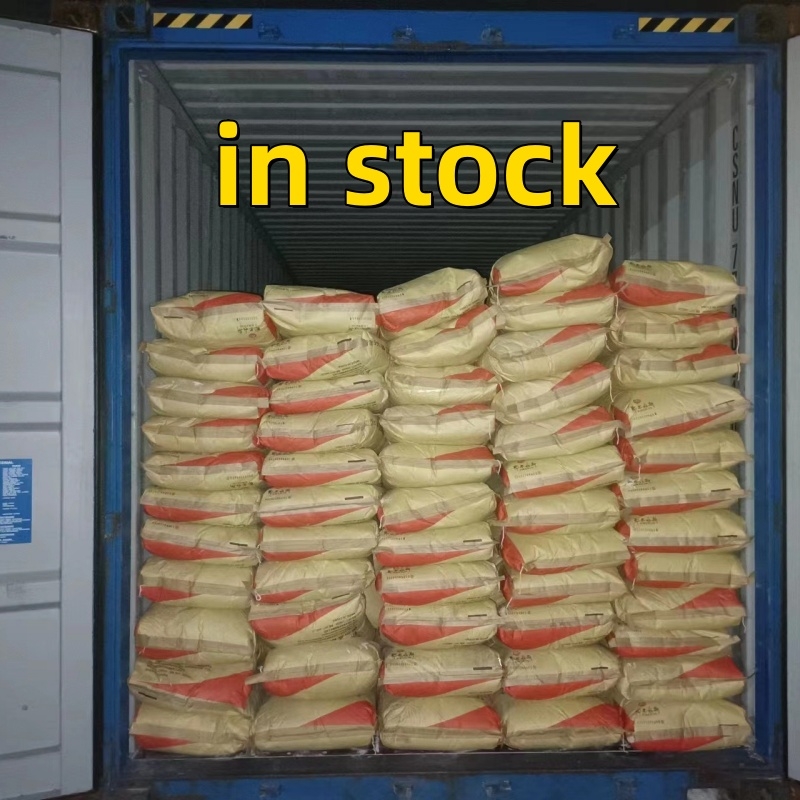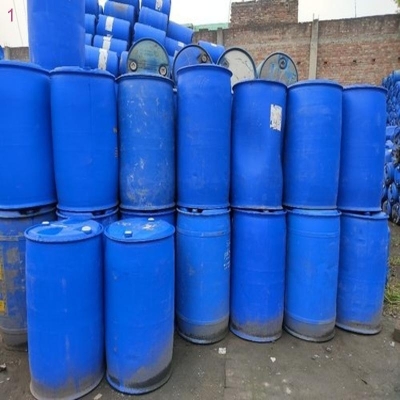-
Categories
-
Pharmaceutical Intermediates
-
Active Pharmaceutical Ingredients
-
Food Additives
- Industrial Coatings
- Agrochemicals
- Dyes and Pigments
- Surfactant
- Flavors and Fragrances
- Chemical Reagents
- Catalyst and Auxiliary
- Natural Products
- Inorganic Chemistry
-
Organic Chemistry
-
Biochemical Engineering
- Analytical Chemistry
-
Cosmetic Ingredient
- Water Treatment Chemical
-
Pharmaceutical Intermediates
Promotion
ECHEMI Mall
Wholesale
Weekly Price
Exhibition
News
-
Trade Service
President Donald Trump's trade representative asked for further details on how low-cost imported solar panels could hurt U.
S.
manufacturers to consider whether to impose solar tariffs
.
U.
S.
Trade Representative Lighthizer asked the U.
S.
International Trade Commission in a letter Monday to submit a report to help the president take "appropriate and feasible action" to support domestic solar panel manufacturers
.
In November, the Trade Commission recommended that the U.
S.
government impose tariffs of up to 35 percent on imported solar panels to help U.
S.
manufacturers compete
.
Earlier, Suniva Inc.
, a bankrupt solar panel maker, filed a trade complaint saying it was strangled
by foreign competitors.
Trump has the final say
in setting tariffs.
Lighthizer specifically asked the trade committee to identify any "unforeseen developments"
that could lead to harm to U.
S.
companies.
Suniva's trade complaint is based on a law that gives the president broad authority
to impose tariffs.
But whenever regulations are challenged by the WTO, the U.
S.
always
loses.
Trade analysts note that the key issue is that the law is inconsistent
with U.
S.
obligations to the WTO.
For example, to win a WTO lawsuit, one must show a foreign competition that could not reasonably be foreseen, while U.
S.
law only requires companies to prove that they were harmed
.
Packard said the White House's request for more information could also be a reason
for it to seek not to impose the tax.
Much of the solar industry is opposed to tariffs because they would slow installations and cause thousands of job losses
.
Influential conservatives and free trade groups also oppose the tax
.
If the trade commission can't point to any unforeseen circumstances, Trump may have an easy reason to say no
to Suniva.
"If they're looking for some angles to get out of this problem, then (I think) it's probably the best option for them
," Packard said.
”
President Donald Trump's trade representative asked for further details on how low-cost imported solar panels could hurt U.
S.
manufacturers to consider whether to impose solar tariffs
.
U.
S.
Trade Representative Lighthizer asked the U.
S.
International Trade Commission in a letter Monday to submit a report to help the president take "appropriate and feasible action" to support domestic solar panel manufacturers
.
In November, the Trade Commission recommended that the U.
S.
government impose tariffs of up to 35 percent on imported solar panels to help U.
S.
manufacturers compete
.
Earlier, Suniva Inc.
, a bankrupt solar panel maker, filed a trade complaint saying it was strangled
by foreign competitors.
Trump has the final say
in setting tariffs.
Lighthizer specifically asked the trade committee to identify any "unforeseen developments"
that could lead to harm to U.
S.
companies.
Suniva's trade complaint is based on a law that gives the president broad authority
to impose tariffs.
But whenever regulations are challenged by the WTO, the U.
S.
always
loses.
Trade analysts note that the key issue is that the law is inconsistent
with U.
S.
obligations to the WTO.
For example, to win a WTO lawsuit, one must show a foreign competition that could not reasonably be foreseen, while U.
S.
law only requires companies to prove that they were harmed
.
Packard said the White House's request for more information could also be a reason
for it to seek not to impose the tax.
Much of the solar industry is opposed to tariffs because they would slow installations and cause thousands of job losses
.
Influential conservatives and free trade groups also oppose the tax
.
If the trade commission can't point to any unforeseen circumstances, Trump may have an easy reason to say no
to Suniva.
"If they're looking for some angles to get out of this problem, then (I think) it's probably the best option for them
," Packard said.
”







